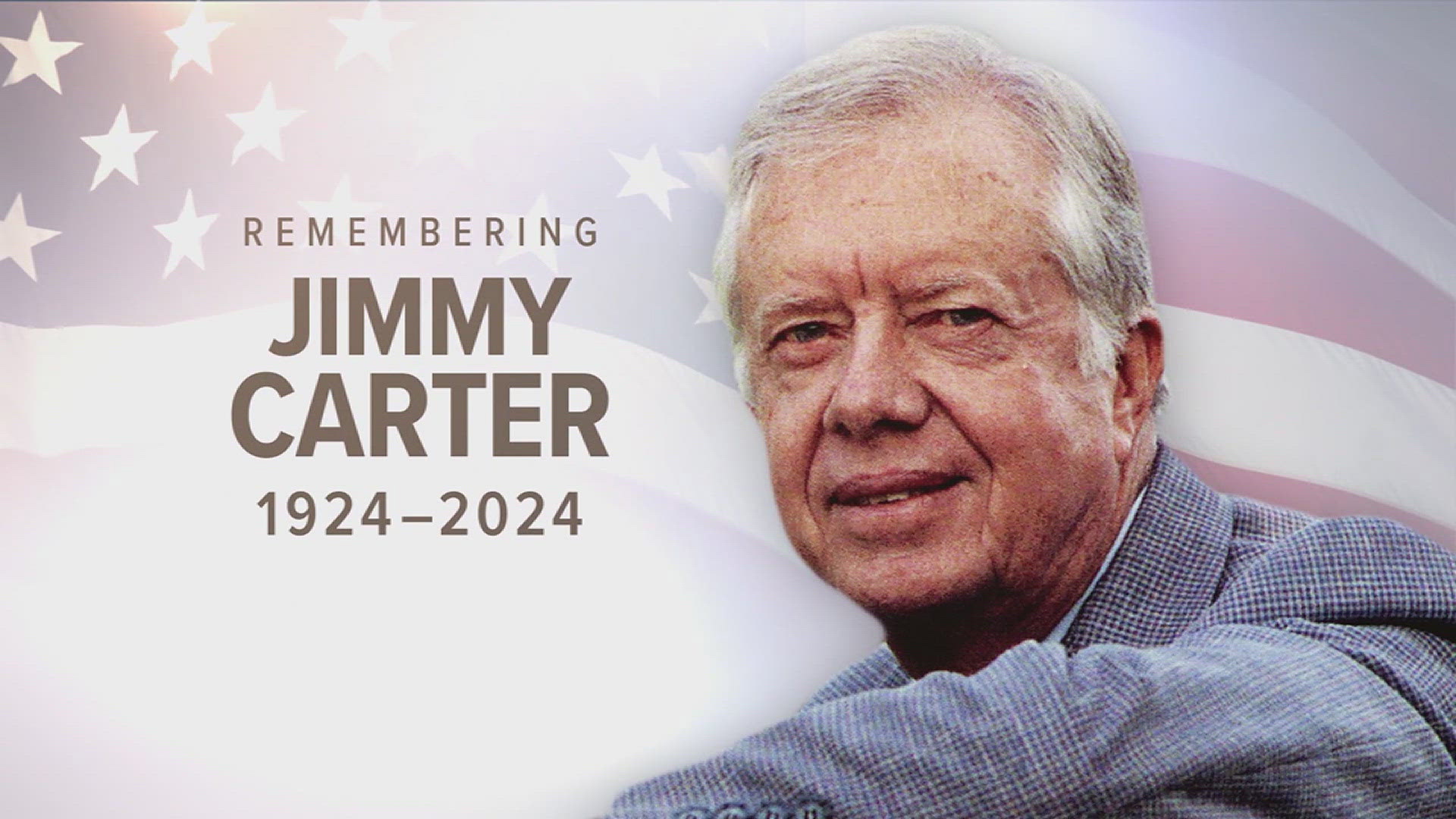(Akiit.com) I went to see the Tyler Perry movie “Madea Goes to Jail,” in which Perry plays a wise-cracking black grandmother, Madea, short for “Mother Dear” and ebonically pronounced “muh deah.”
With an extensive criminal past that includes “supersize stripper,” attempted murderer and check fraud artist, Madea is a near-cult figure among many African Americans, especially women. Thanks in large part to them, Perry’s comedic creation debuted as the No. 1 movie in America over the weekend, raking in $41 million and 34 percent of the weekend moviegoing audience, according to box-office tracker Exhibitor Relations.
At the AMC Magic Johnson Capital Centre 12 in Landover, where Madea is being shown 14 times a day, I was hoping to get a clue as to why this man in drag is so popular. And with the movie featuring guest appearances by Whoopi Goldberg, Dr. Phil, Judge Mathis and Al Sharpton, perhaps I’d even get in a laugh or two.
Boy, was I wrong — on both counts.
All around me you could almost hear the funny bones cracking — deep guttural laughter coming not only from kids in the audience but from my peers in the AARP set, as well.
And there I sat, silently ranting: There is nothing funny about this black man in pantyhose. And where is all of this cross-dressing-black-man stuff coming from, anyway? First, comedians Eddie Murphy and Martin Lawrence star in high-grossing movies as the fattest, ugliest black women that Hollywood makeup artists can conjure up, and now here’s Perry with his gussied-up version of the same butt of the joke.
By the way, I don’t want to hear diddly about Robin Williams as Mrs. Doubtfire or Milton Berle in high heels. Having a black man play super mammy is not the same thing. Perhaps it would be were it not for America’s perverse, systemic and centuries-long efforts to humiliate African men and women and turn them into slaves.
The only good a Madea movie could possibly do would be to remind us that the scars of oppression are deep and enduring, often operating below the level of consciousness, then breaking out in the most bizarre manifestation of self-hate and self-sabotage, including pathetic images on the big screen.
Of course, Perry’s fans don’t see it that way. When I asked some women in the theater if they were at all uneasy about Perry in wigs, lipstick and rouge, they clucked tongues and rolled eyes in a manner that Madea her/himself would no doubt approve.
“Oh, please,” snapped Darlene Johnson, 51. “It’s just comedy.”
Yeah, and misogynistic gansta rap is just music.
Said Sheena Young, also 51: “He’s just multitasking. His initial budget didn’t allow for him to hire all the people he needed so he played them himself. It’s awesome.”
I’m not taking away anything from the 39-year-old Perry’s resourcefulness and ingenuity. He pulled himself up by the bootstraps from a low-income household in New Orleans, started writing and putting on stage plays about Madea (supposedly a composite of women in his life) and went on to become one of the most successful filmmakers in America.
He has a beautiful home and his own studios in Atlanta. He hires lots of young black actors and production personnel and makes considerable contributions to worthy causes.
He is awesome.
It’s just that his movies are awful.
Here’s a typical scene:
Madea’s brother, Uncle Joe, also played by Perry, is a crusty old coot who breathes with the aid of an oxygen tank while smoking marijuana throughout the movie (he even wears a bong around his neck). Madea, ever the boss woman, scolds him mercilessly about the dangers of mixing fire and oxygen. And — here’s where the audience howls — as Madea waddles past, her behind wide as a doorway, Uncle Joe cracks: “King Kong ain’t got nothing on her.”
How’d you like to see that on a movie marquee: Madea the black woman as King Kong? That’s about as funny, say, as a dead monkey cartoon from the New York Post?
It’s not a sign of respect but one of disdain to portray black women as some updated Jemima (that’s what a white character in the movie calls her) from the antebellum South. Sure, all of Perry’s fans claim to know someone like Madea. But in truth, we know nothing — only that she is aging and irrationally angry, existing to clean up everybody’s else’s mess, a linebacker of a house servant whose unmet emotional needs remain a mystery even to the great Dr. Phil himself.
We may laugh at her, but the joke is on us.
Written By Courtland Milloy









Leave a Reply